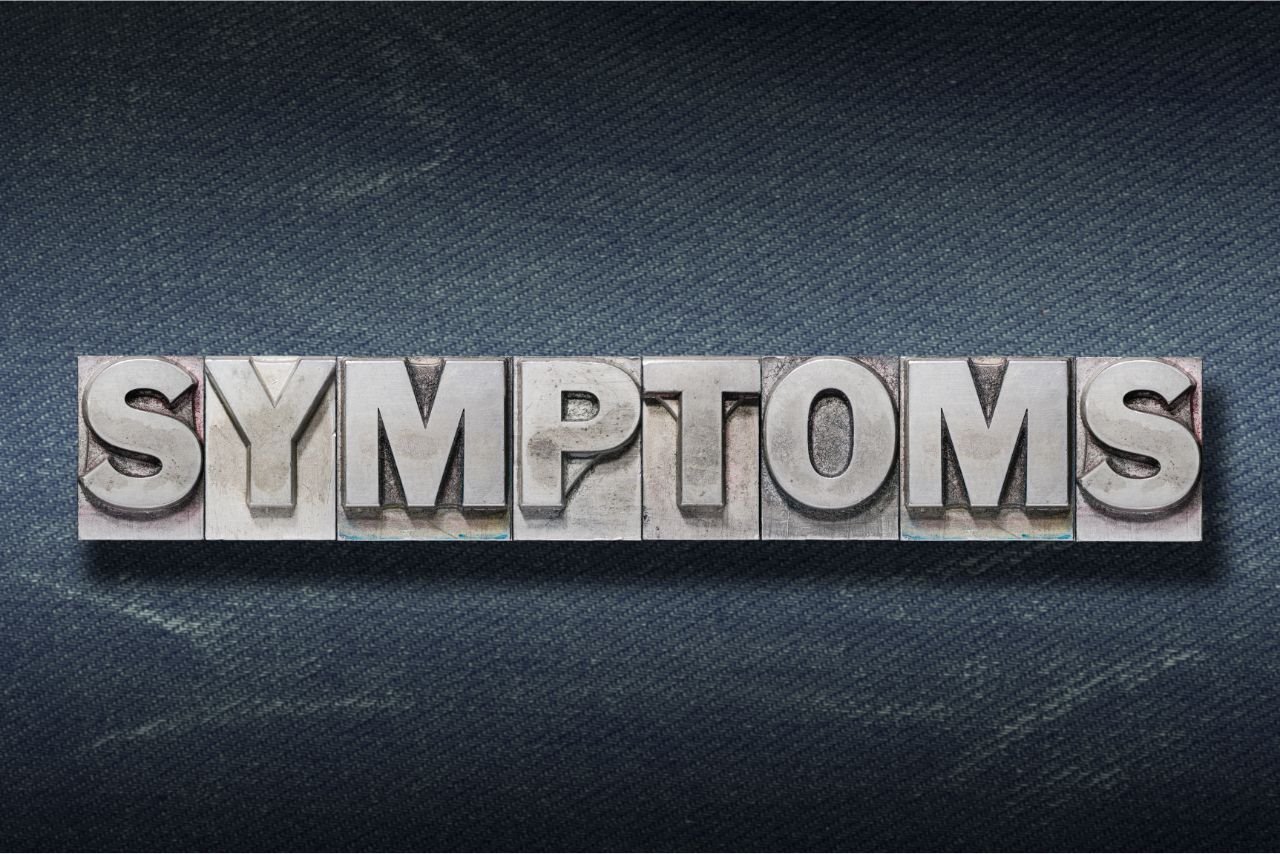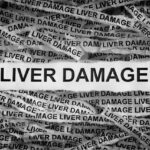Are you concerned about the health of your liver?
Learn about the four best symptoms of alcohol-related liver damage.
If you experience abdominal pain, jaundice, fatigue, or swelling of the abdomen and legs, it's crucial to be aware of these warning signs.
By recognizing these symptoms, you can take the necessary steps to protect your liver and overall well-being.
Stay informed, take action, and prioritize your liver health.
Abdominal Pain and Discomfort
If you experience persistent abdominal pain and discomfort, it could be a sign of alcohol-related liver damage. The liver is responsible for filtering toxins from the body, including alcohol. When you consume excessive amounts of alcohol over time, it can lead to inflammation and scarring of the liver, known as alcoholic hepatitis. This condition can cause various symptoms, including abdominal pain and discomfort.
Abdominal pain related to alcohol-related liver damage is typically felt in the upper right side of the abdomen, where the liver is located. The pain may be dull and achy, or it could be sharp and stabbing. Along with the pain, you may also experience nausea and vomiting, as well as a loss of appetite and weight loss. These symptoms occur because the liver is unable to function properly, leading to difficulties in digesting food and absorbing nutrients.
If you're experiencing persistent abdominal pain and discomfort, it's crucial to seek medical attention. A healthcare professional can evaluate your symptoms, perform necessary tests, and provide appropriate treatment. Remember, early detection and intervention are key to managing alcohol-related liver damage and preventing further complications.
Jaundice
You may notice a yellowing of the skin and eyes, indicating jaundice, as a clear sign of alcohol-related liver damage. Jaundice occurs when the liver is unable to properly process bilirubin, a yellow pigment produced during the breakdown of red blood cells.
Here are some important facts to know about jaundice in relation to alcohol-related liver damage:
- Causes: Excessive alcohol consumption can lead to alcoholic hepatitis, a condition characterized by inflammation and damage to the liver. This damage can disrupt the liver's ability to process bilirubin, resulting in jaundice.
- Symptoms: In addition to yellowing of the skin and eyes, individuals with jaundice may experience dark urine, pale stools, fatigue, and abdominal pain.
- Treatment: The primary treatment for alcohol-related jaundice is to stop drinking alcohol. This allows the liver to heal and regain its normal function. In severe cases, hospitalization and supportive care may be necessary.
- Seeking medical help: If you notice yellowing of your skin or eyes, it's important to consult a healthcare professional. They can assess your symptoms, conduct tests to determine the cause of jaundice, and provide appropriate treatment recommendations.
Fatigue and Weakness
One common symptom of alcohol-related liver damage is feeling fatigued and weak. When your liver is damaged by excessive alcohol consumption, it struggles to process toxins and maintain optimal functioning. As a result, you may experience constant tiredness and a lack of energy. This fatigue can be debilitating, making it difficult to perform daily activities and affecting your overall quality of life.
In addition to fatigue, alcohol-related liver damage can also manifest as weakness in your body. This weakness may make it challenging to carry out physical tasks that were once effortless. You may feel a general sense of heaviness and lack of strength, which can further contribute to feelings of fatigue.
It's important to note that fatigue and weakness aren't the only symptoms associated with alcohol-related liver damage. Other symptoms can include dizziness and loss of appetite, as well as cognitive impairment and memory loss. These symptoms can further exacerbate the physical and mental toll that alcohol-related liver damage takes on your body.
If you're experiencing fatigue and weakness, along with any of the other symptoms mentioned, it's crucial to seek medical attention. Alcohol-related liver damage can progress to more severe conditions if left untreated. Your doctor can provide a proper diagnosis and recommend appropriate treatment options to help manage your symptoms and improve your overall health.
Swelling of the Abdomen and Legs
As your alcohol-related liver damage progresses, you may also notice swelling in your abdomen and legs due to fluid retention. This symptom, known as ascites, is commonly associated with liver cirrhosis, a condition characterized by the scarring and dysfunction of the liver.
Here are four key things to know about the swelling of the abdomen and legs in alcohol-related liver damage:
- Fluid retention: The liver plays a crucial role in regulating fluid balance in the body. When it becomes damaged, it may fail to produce enough albumin, a protein that helps maintain fluid balance. This can lead to the accumulation of fluid in the abdomen and legs.
- Abdominal distention: As fluid accumulates in the abdomen, it causes the belly to become swollen and distended. This can result in discomfort, a feeling of fullness, and difficulty fitting into clothing.
- Leg swelling: Fluid retention can also cause swelling in the legs, particularly in the ankles and feet. This is known as peripheral edema and may be accompanied by pain and a sensation of heaviness or tightness in the affected areas.
- Treatment options: Managing fluid retention in alcohol-related liver damage involves addressing the underlying liver dysfunction. This may include lifestyle changes such as abstaining from alcohol, dietary modifications, medication to reduce fluid buildup, and in severe cases, procedures like paracentesis or liver transplantation.
It is important to seek medical attention if you experience swelling in the abdomen and legs, as it may indicate significant liver damage that requires prompt treatment.
- Overcoming Emotional Intimacy Challenges With Alcohol Misuse - November 18, 2023
- Overcoming Alcohol's Impact on Emotional Intimacy: 13 Essential Tips - November 18, 2023
- 6 Ways to Overcome Emotional Intimacy Challenges With Alcohol - November 18, 2023








